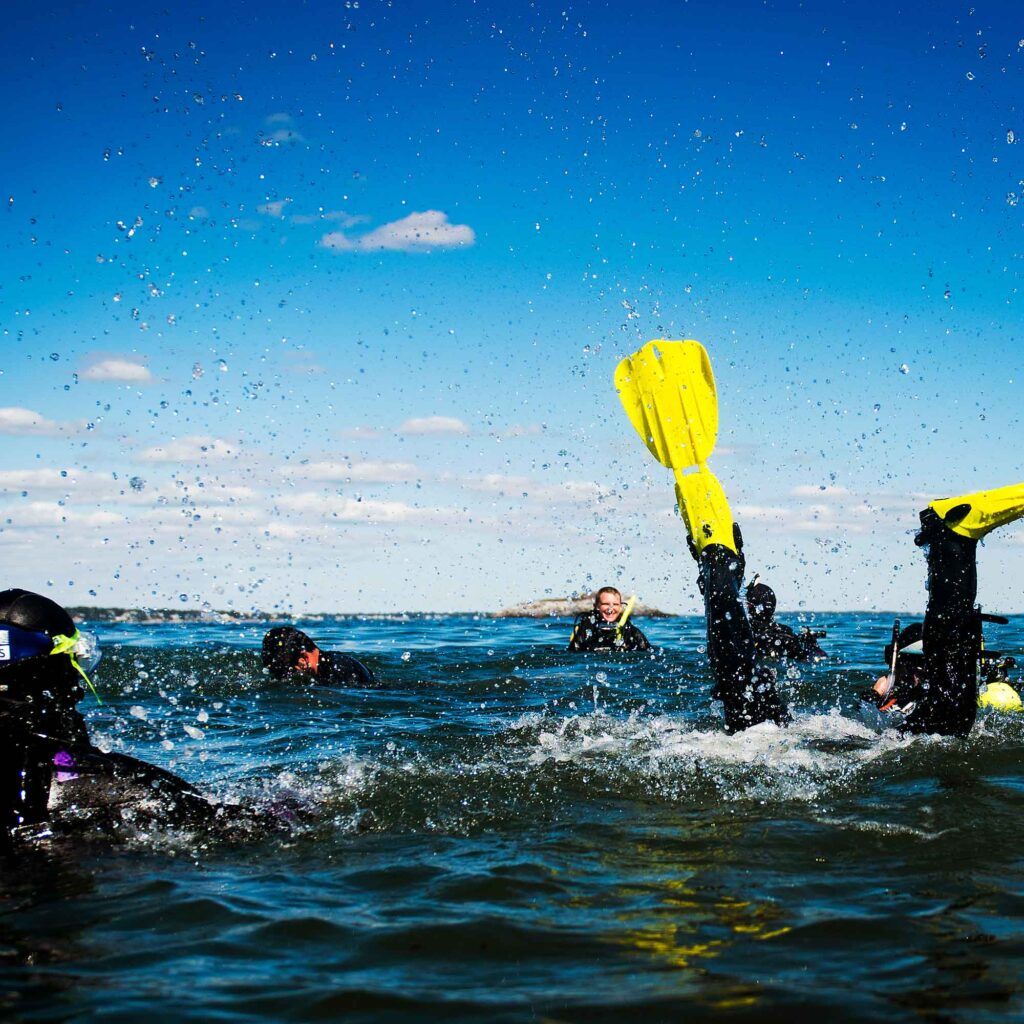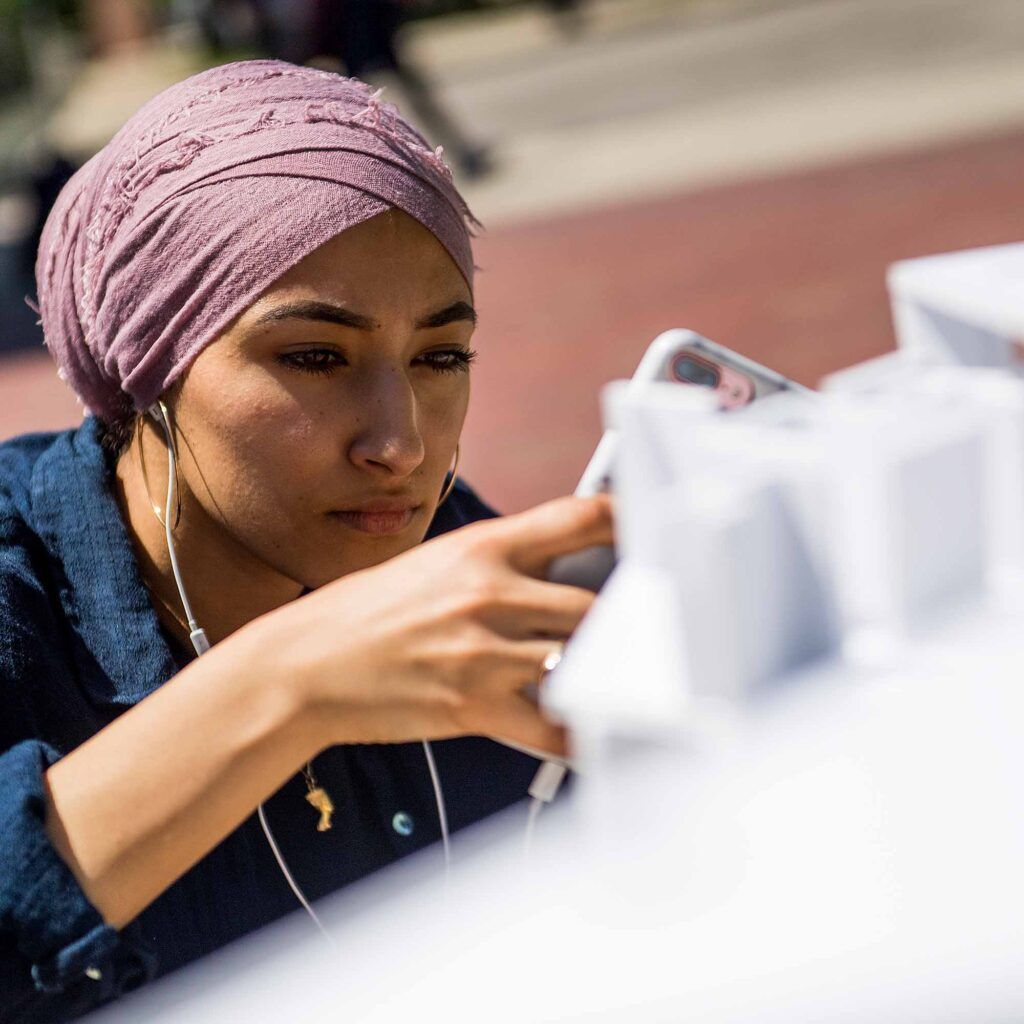Experience is at the heart of everything we do.
It’s a cornerstone of our learning model.
For students, it’s about learning that’s personalized and context-driven—empowering them to apply classroom learning to consequential problems on campus and around the world. It’s what allows students to gain new and deeper perspective on their field and the agility, resilience, and uniquely human skills—teamwork, empathy, creativity—vital skills in the 21st century.


It informs our approach to solving problems.
Northeastern faculty researchers start with the world. They ask what problem needs to be solved. And then they convene the right expertise and resources across disciplines and sectors to surface solutions.
‘Experience’ vs. ‘Experiential’
We use “experience” interchangeably with “experiential,” but “experiential” refers specifically to our model of learning. See Key Terms and Style for the definition and for examples of experiential offerings at Northeastern. Whenever possible—especially in headlines, ad copy, taglines, and display type—use the more relatable word “experience.”
Northeastern is the leader in global experiential learning. But keep audience in mind: In some markets, experiential learning is understood; in others, it isn’t. Know when and how to lean into this message as a key differentiator.
Avoid the following phrases when describing any of our experiential learning programs and opportunities:
Avoid:
Hands-on learning, practice, and earn to learn which have a vocational connotation.
DO THIS INSTEAD
Instead:
Emphasize the true cognitive power of experience—learning to solve problems in multiple contexts, the ability to act nimbly, work with teams, and gain resilience.
Avoid:
Internship, when referring to a co-op experience.
DO THIS INSTEAD
Instead:
Internships are what other universities offer; co-op is much more. While internships are experiential, co-ops go deeper. They’re typically longer in duration (up to six months), demand a greater level of responsibility, are more structured, and require students to integrate their experience into their future learning.
Avoid:
Co-op gets you a job, implying that’s the only benefit or that co-op is vocational.
DO THIS INSTEAD
Instead:
The experience co-op provides yields excellent career outcomes. But more important, co-op and other experiential opportunities are what spark curiosity and insight, expand your ability to solve problems creatively and collaboratively, deepen your thinking, and prepare you for a lifetime of personal and professional growth and impact.